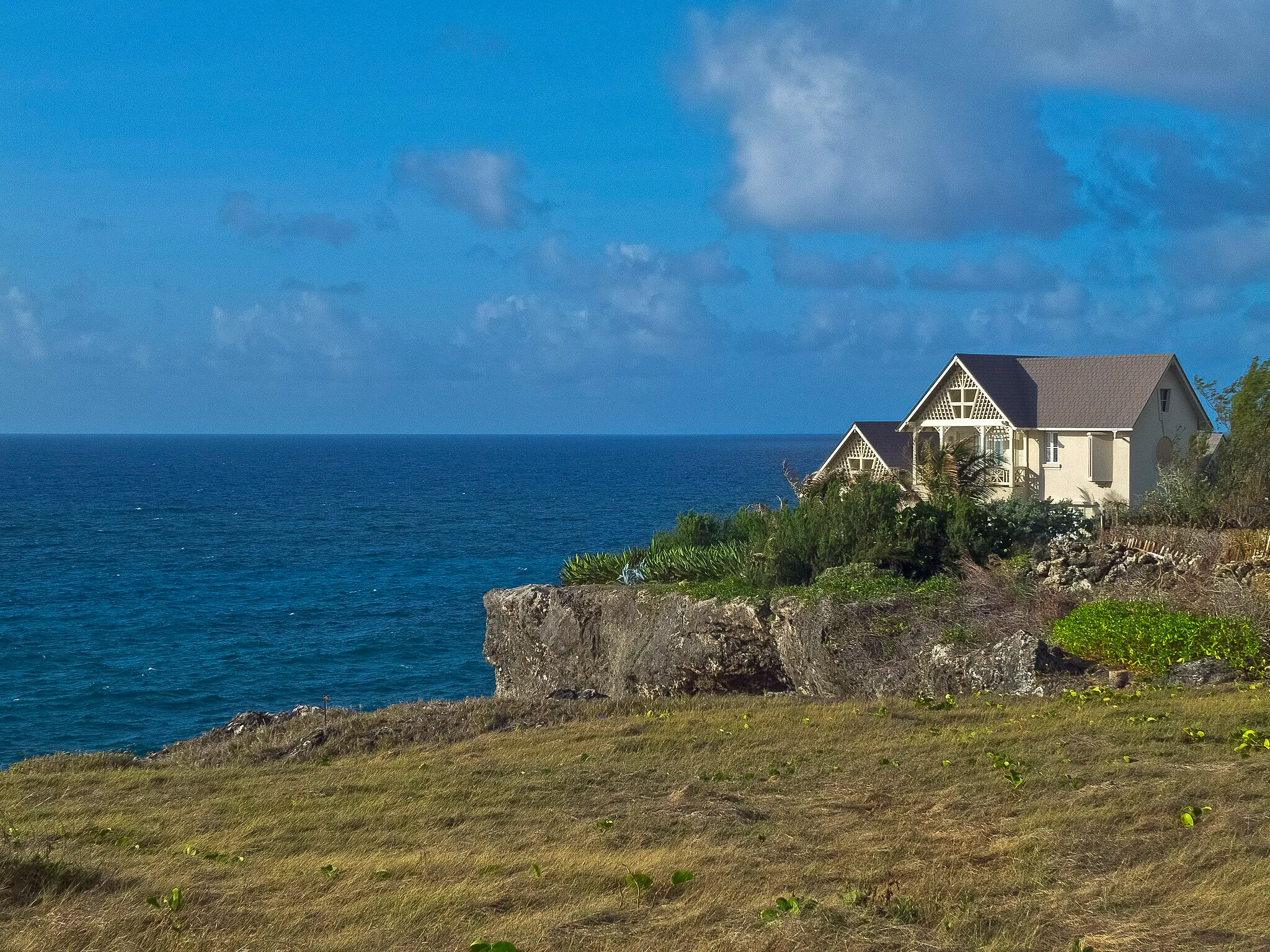Rising Rates and Tight Credit May Hold Back Hotel Dealmaking

Skift Take
Hotel property sales may face headwinds in rising long-term interest rates and tight credit markets this year. Those forces could pressure asset valuations, raise development costs, and make it harder for some buyers and sellers to agree on transactions.
"The acquisitions market in 2025 is going to be challenged on the hotel front,” said Greg Friedman, CEO of Peachtree Group, which manages over 100 hotels.
Despite the Federal Reserve cutting interest rates last September, the current yield on the U.S. 10-year Treasury note is above 4.5% — up nearly a full percentage point from when the central bank began cutting short-term rates.
Short-term and long-term rates have different effects. Short-term interest rates have been dropping, which benefits hotel construction loans. But long-term rates have been rising, affecting relative valuations of assets.
A Looming Wall of Debt
A few billion dollars' worth of single-asset hotel loans are set to mature by the end of 2026, according to the brokerage JLL.
Many of these loans face stress because they will be replaced by loans at significantly higher interest rates.
Hotels that seek loans tend to be more exposed to financial stress. Unless hotel owners need liquidity, most don’t need to sell or seek loans, says Michael Bellisario, senior research analyst at Baird.
Where Are the Loans?
Many banks aren't as willing to lend to hotels now as pre-pandemic.
In particular, regional and local banks have had struggles with their overall financial positions in the past several years, making them more cautious in their lending.
So, for building new hotels specifically, the main issue is the availability of credit, according to Anthony Capuano, president and CEO of Marriott International. He spoke on-stage Tuesday at the Americas Lodging Investment Summit in Los Angeles.
"When we talk to our owners and franchisees, it's not interest rates or construction costs [deterring new construction]," Capuano said. "It's the availability of debt for new construction. We have hundreds of shovel-ready projects, and they're stalled not because of interest rates or a little elevated construction costs; it's just that capital for new construction is still restricted."
One reason for the tightened credit is that hotels are still perceived as relatively risky bets.
“Hotel construction is one of, if not the, riskiest, on the spectrum of real estate development and real estate lending," Bellisario said. "It's not a cash-flowing asset. It's not an industrial property."
Valuation Debates
Friedman said the correlation between cap rates (or potential investment returns) and the 10-year U.S. Treasury rate matters when valuing properties.
The hotel industry generally has higher cap rates, which he says are currently between 8% and 9%. That buffers valuations versus other commercial real estate.
However, as interest rates rise, hotel valuations are especially pressured, making loans more expensive.
While Friedman expects a slightly better year than 2024 or 2023, he predicted that deals won’t return anytime soon to their pre-pandemic frenzy made possible by near-zero interest rates.
“Unfortunately, we're just in this environment where values need to recalibrate," Friedman said. "Intrinsic values have dropped substantially across all commercial real estate, including hotels, and unfortunately, assets have not recalibrated to the new value."
Rising Development Costs
Costs for labor, materials, and other inputs are on the upswing, making developers choosier with where and what they build, too.
That's undercutting the benefit of the lower short-term interest rates.
While hotel developers still benefit from relatively low short-term interest rates across several decades, rising inflation is expected to eat into their bottom lines and push out the timetable for hotel projects to become profitable for new owners.
Hotel Construction Struggles
The cost of construction loans depends on the amount of capital, the bank’s willingness to lend and construction risk.
Interest rates on construction loans have become cheaper recently because they are based on the Secured Overnight Financing Rate (SOFR).
SOFR averages are down about 0.6 percentage points in the past half year, hovering around 4.3% versus 4.9%, said data from The Federal Reserve Bank of New York, as of January 28.
Construction loans are usually only two to three years long, and those rates float. Bellisario says spreads between the SOFR rate and lending rates from banks and non-bank lenders for hotel loans are tight, signaling risk appetite to do deals.
Bigger Investors Bet on Smaller Hotels
Some experts said that, in 2025, developers can expect established and larger developers to have an edge in wooing banks. Expect to see more smaller projects, which are often easier to finance than full-service properties.
Development is especially hot in the economy and mid-scale segments, such as the new brands such as StudioRes by Marriott, LivSmart Studios by Hilton, and Echo Suites Extended Stay by Wyndham. What’s hard to build now is a 500-room hotel in a city such as New York, Bellisario says.
“If you’re a developer and you have money to put to work, you can do lots of $20 million projects,” Bellisario said. "You’re diversifying."
Regional Variations
The deal outlook varies by market. Some regions have more demand than others because of difference in local demand trends, the regional asset mix, and the typical capital structure in an area.
Florida, Texas, Arizona, and other sunbelt states have shown the most recent promise for acquisitions and development.
Bellisario said some cities, such as Portland, Minneapolis, Baltimore, and San Francisco, may see more distressed selling than properties in say, Phoenix or San Diego, where demand is stronger, and revenue per available room is higher.
Shovel-Ready But Stalled
The U.S. had a record number of hotels ready to be constructed as of December, according to Lodging Econometrics. The 6,378 projects would represent 746,986 new rooms if they all opened.
Yet those figures represent a backlog of projects because of the pandemic and labor and supply woes in the construction sector.
Dealmaking for future projects is stalled in a few categories of hotels.
"Private hotel owners we spoke with today suggest that the deal books at ALIS were underwhelming in size and quantity," wrote Patrick Scholes and Gregory Miller in a report for Truist Securities about the hotel conference. "We have not seen clear evidence that owners are getting sanguine about the floodgates of sales happening."
—Additional reporting by Sean O'Neill at the ALIS conference.
Accommodations Sector Stock Index Performance Year-to-Date
What am I looking at? The performance of hotels and short-term rental sector stocks within the ST200. The index includes companies publicly traded across global markets, including international and regional hotel brands, hotel REITs, hotel management companies, alternative accommodations, and timeshares.
The Skift Travel 200 (ST200) combines the financial performance of nearly 200 travel companies worth more than a trillion dollars into a single number. See more hotels and short-term rental financial sector performance.
Read the full methodology behind the Skift Travel 200.




